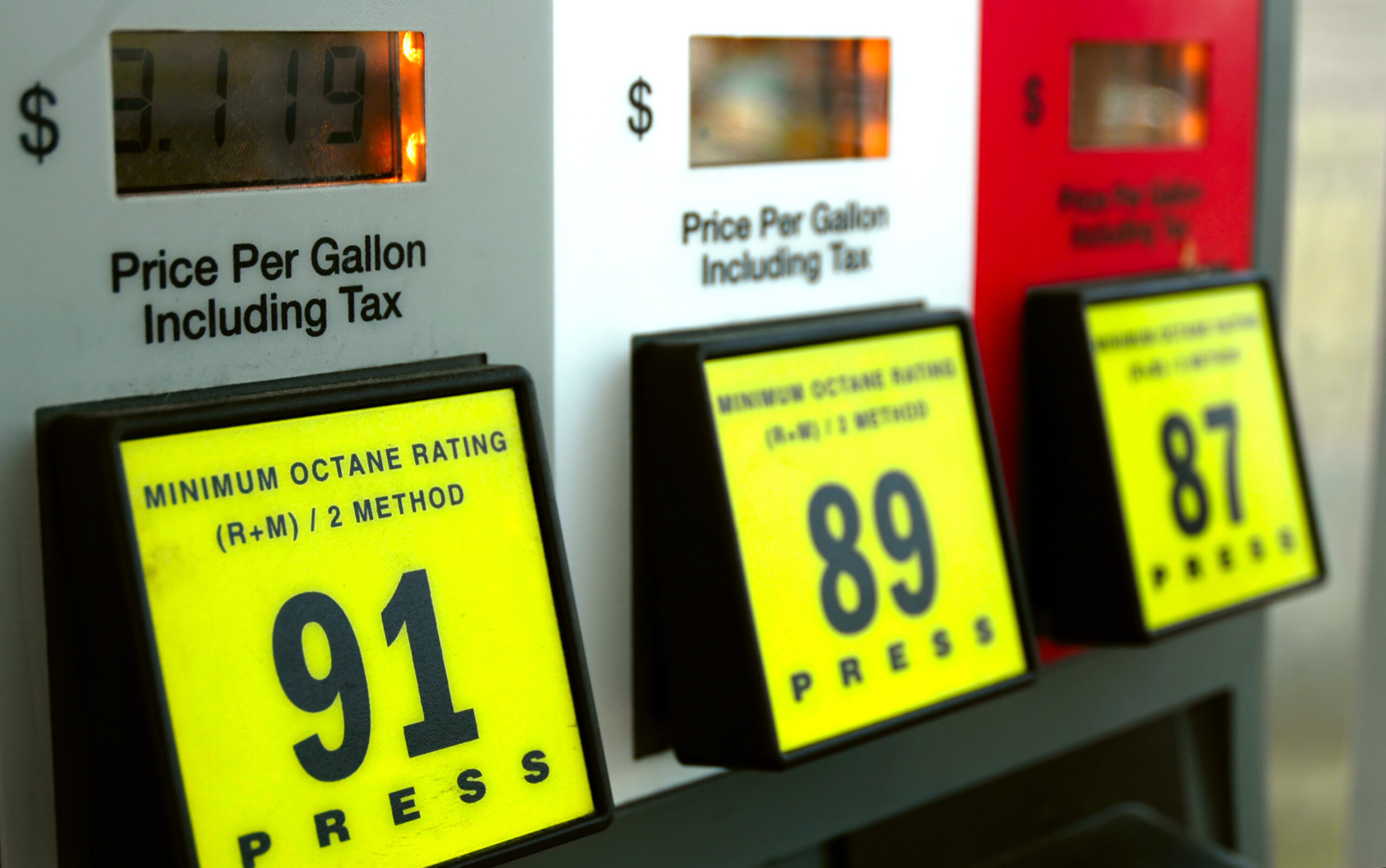Florida Gas Prices Experience Fluctuations Amidst Summer Surges

Last week, Florida witnessed a record-breaking surge in gas prices, sending drivers into a state of financial unease. The cost of gasoline soared by an astonishing 18 cents per gallon, leaving many dismayed. However, there seems to be a glimmer of hope on the horizon, as prices are cautiously receding this week.
The peak was reached on Friday, when the average price for a gallon of regular gasoline climbed to an unsettling $3.84. This figure managed to surpass the previous record high of $3.72, which had been set in April earlier that year, as reported by AAA The Auto Group, a prominent industry firm.
In an unfortunate trend, this marked the fourth consecutive week of mounting prices, which were up by 57 cents compared to what Florida motorists were paying on the celebratory date of July 4. Even Tampa Bay couldn’t escape the surge, with the average price per gallon resting at $3.85 at the start of the week.
Mark Jenkins, an authoritative voice from AAA, spoke out about the unsettling surge. “Florida gas prices are now the highest since August of last year,” Jenkins remarked in a statement. He attributed these unsettling fluctuations to a combination of factors, primarily the weather conditions impacting the Gulf Coast and global oil price dynamics driven by OPEC’s production cuts.
Approximately half of the price per gallon can be attributed to oil prices, according to AAA. In July, when prices were more favorable, crude oil was comfortably trading below $70 per barrel. The situation has drastically changed, with oil prices now surpassing the $80 mark, causing a ripple effect across gas stations nationwide.
One significant contributor to this precarious scenario is the ongoing heatwave that has left the Gulf Coast grappling with extreme temperatures. As a result, fuel refineries have struggled to operate at full capacity, restricting the supply and driving prices further north.
Jenkins also highlighted that despite these challenges, there is hope for moderation in the near future. “There are some factors that should help alleviate some upward pressure on fuel prices, but one major wild card that could cause them to spike again,” he said. He pointed to improvements in refinery operations and the anticipated reduction in gasoline demand as students head back to school, marking the end of the summer driving frenzy.
However, Jenkins cautioned against unwarranted optimism, emphasizing the upcoming hurricane season’s potential impact. With Florida heavily reliant on refineries along the Gulf Coast for its gasoline supply, the threat of a hurricane making landfall in this region could instantly trigger price hikes. The extent of the increase and its duration would hinge on the damage sustained by these crucial refineries.
Florida’s recent roller-coaster ride in gas prices serves as a stark reminder of how interconnected global events, climate conditions, and economic factors are in shaping our daily lives. While some relief is on the horizon, the uncertainty of the future, particularly in light of looming hurricane threats, keeps drivers and analysts alike on their toes.
